Speakers
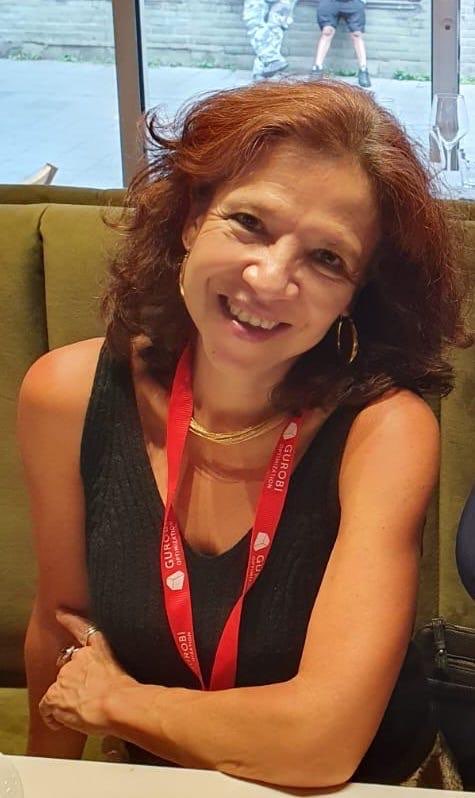
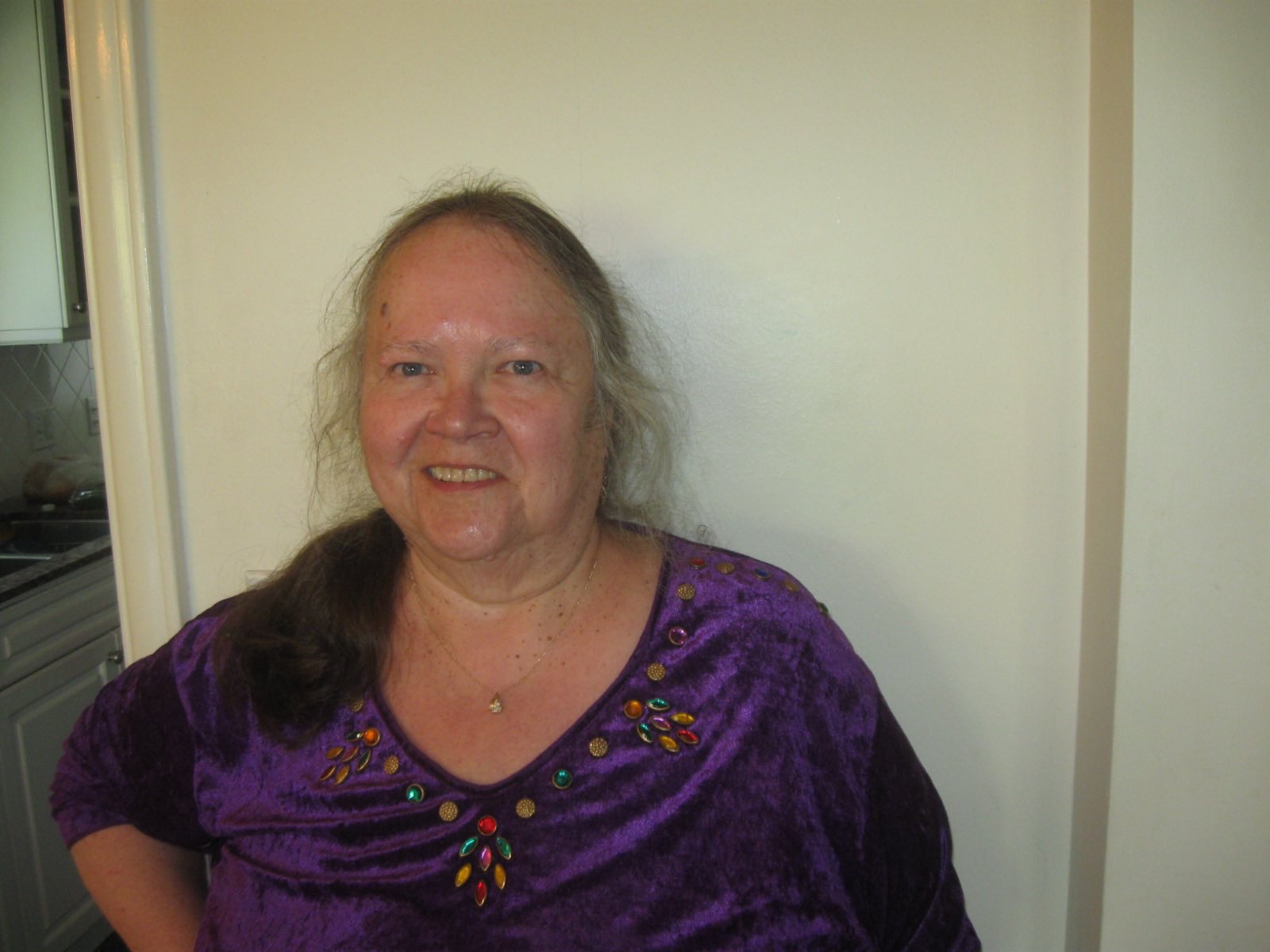
Gabriela Araujo (National Autonomous University of Mexico, Mexico) & Ann Koblitz (Arizona State University, USA):
A Tribute to the Kovalevskaia Fund
The Kovalevskaia Fund is a small private foundation dedicated to encouraging women and girls in STEM fields in the Third World. This talk will give a brief overview of the forty years of activities of the Fund.
We will then talk about the outcomes of this award, highlight some of the women who have received it, and present a video we made in 2022 to mark the 80th anniversary of the Mexican Mathematical Society, dedicated to this topic.
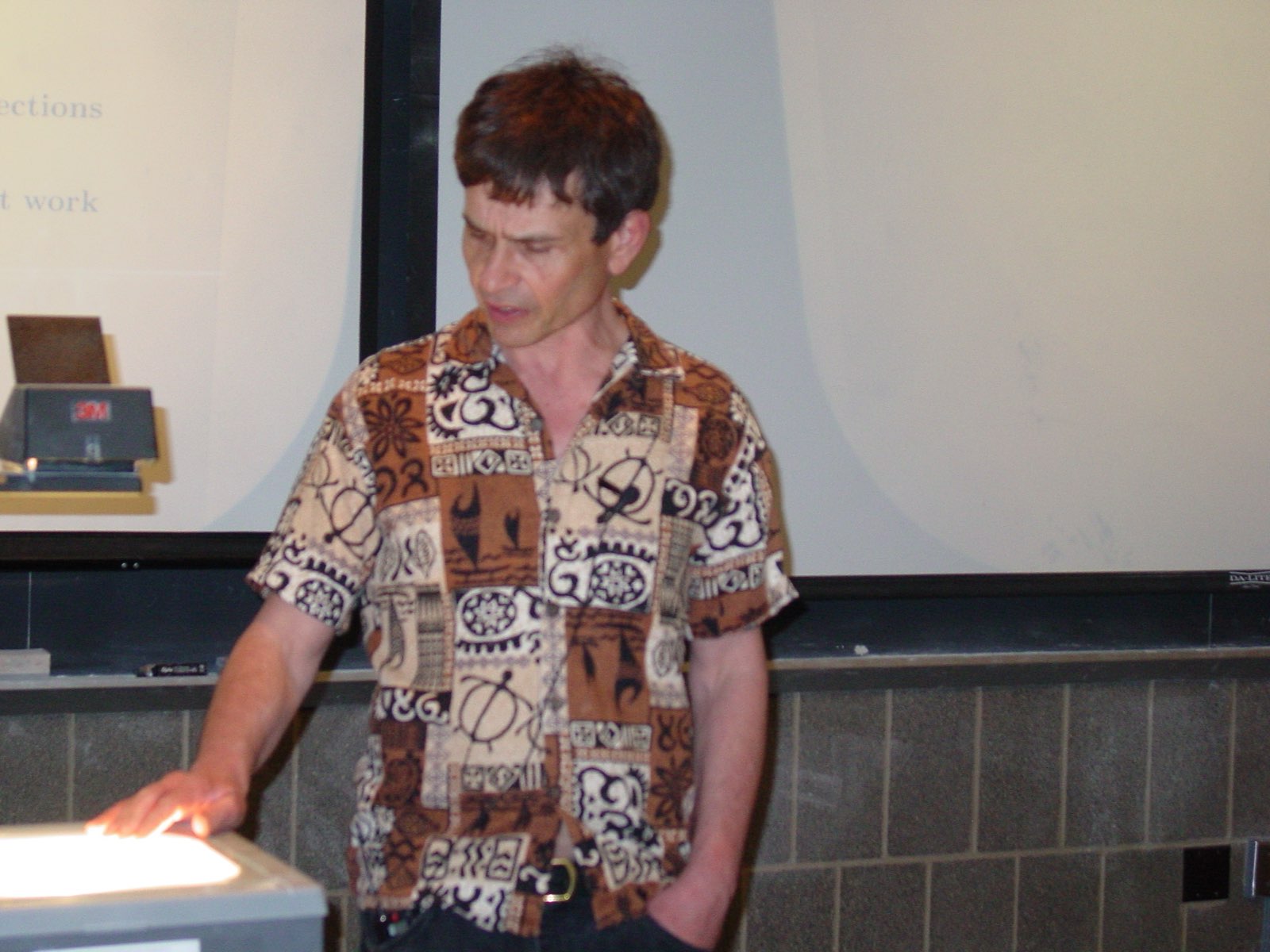
Neal Koblitz (University of Washington, USA):
My Collaboration with Alfred Menezes
I will talk about the history of our collaboration, focusing on the 15 years of “Another Look at…” papers that we wrote describing mathematical or logical flaws that we found in arguments for “provable security” claims.
Julio López (University of Campinas, Brazil):

Experiences in ECC and Binary Fields
In this talk I will describe some works developed at the Centre of Cryptographic Research (CACR) at the University of Waterloo (now Cybersecurity and Privacy Institute (CPI)) supervised by professor Alfred Menezes when I visited him in 1998-1999. The projects focused on the development of software implementations of Elliptic Curves. In the second part of the talk, I will present a software implementation of arithmetic operations in GF(2⁸) on the Cortex-M85 processor, with applications to AES and other cryptographic algorithms.

Daniel Panario (Carleton University, Canada):
Discrete logarithm computations and the distribution of irreducible factors of polynomials over finite fields
Discrete logarithm computations and their use in cryptography are one of the many areas of research of Alfred Menezes. In this talk, we review a methodology that allows us to prove diverse results about the distribution of the irreducible factors of polynomials over finite fields. This technique was originally used by Odlyzko to prove that the index calculus method to compute discrete logarithms in finite fields has subexponential cost. We review Odlyzko’s results and comment on other uses of this methodology in discrete logarithm computations.
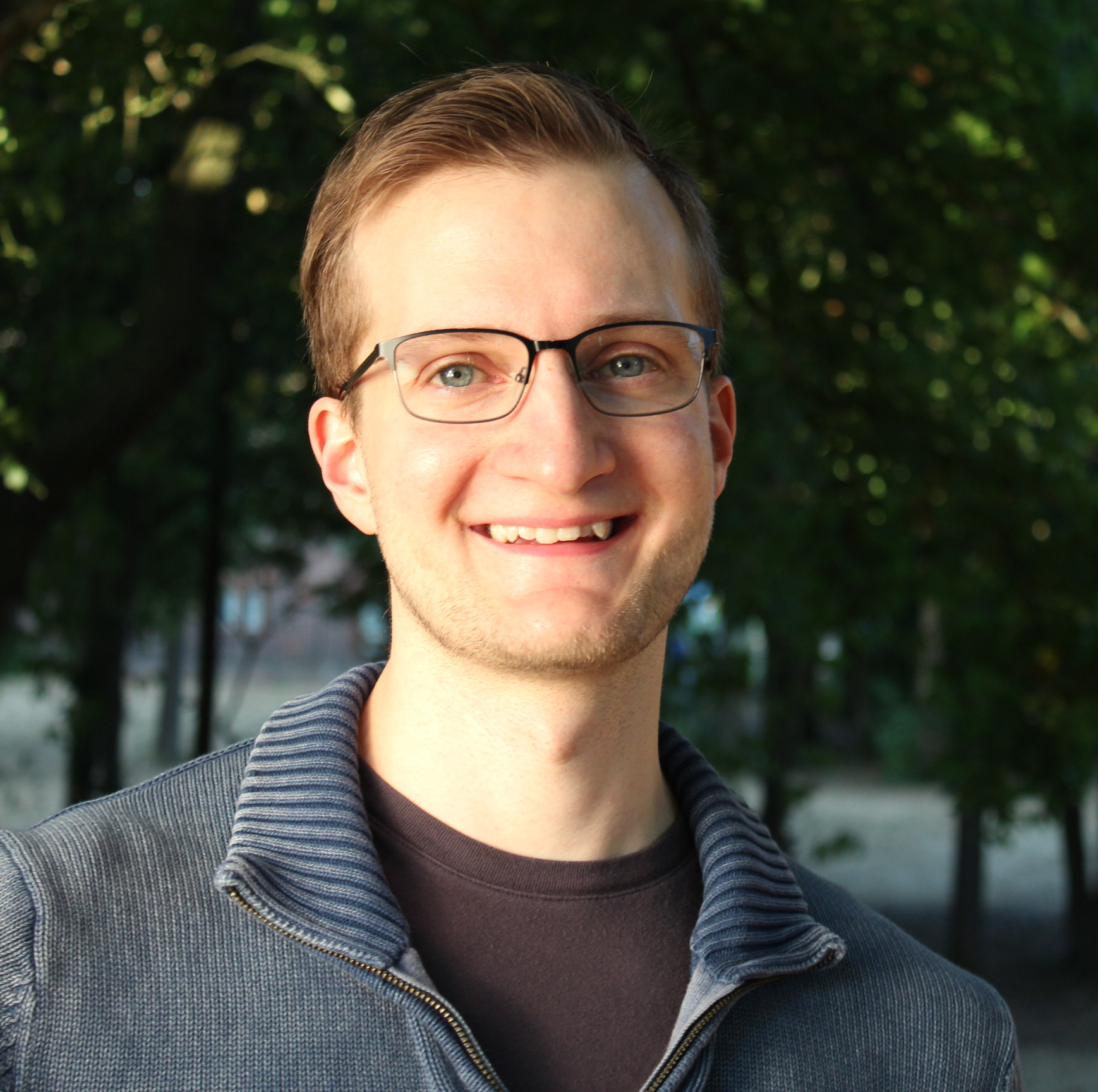
Sam Jaques (University of Waterloo, Canada):
Another look at quantum cryptanalysis
In the second round of the NIST post-quantum process, the scheme SIKE reduced its key sizes. Alfred Menezes was a critical factor in this, publishing a revised estimate of classical attack costs and encouraging myself and John Schanck to work on quantum attack costs. But doesn’t this contradict Schneier’s law that “attacks only get better”? In this talk I’ll explain how quantum attack costs were overestimated, but also talk about why, and rant about the philosophy of science and what Alfred taught me about the realities of the scientific process and its institutions.
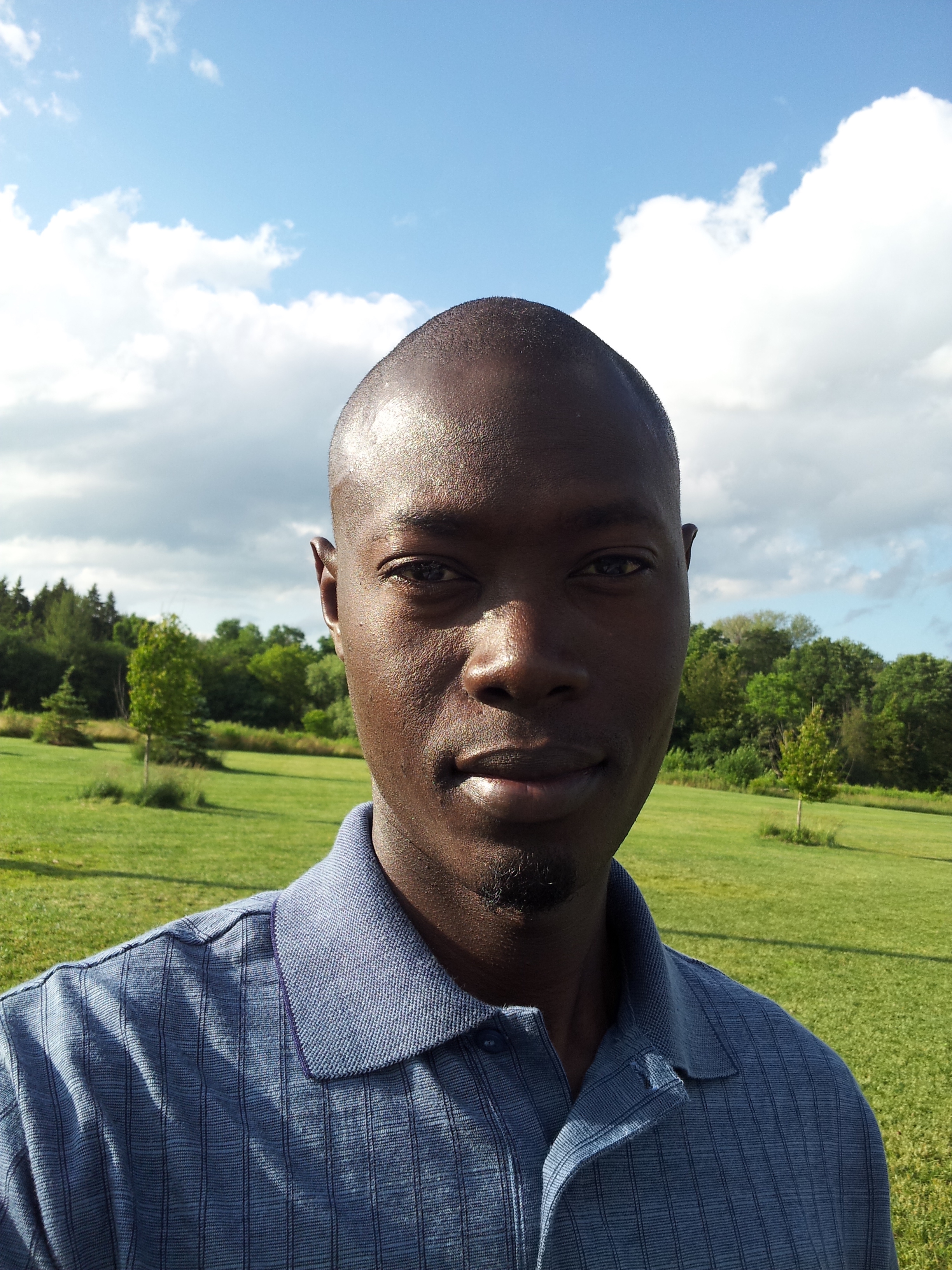
Gora Adj (Technology Innovation Institute, UAE):
The Journey of MPC-in-the-Head in Post-Quantum Cryptography
The MPC-in-the-Head paradigm transforms secure multiparty computation protocols into efficient zero-knowledge proofs, and from there to digital signatures. This approach has become a cornerstone in post-quantum signature schemes for their competitive efficiency and the simplicity of their security proofs. In this talk, we will survey the MPC-in-the-Head signatures that entered the onramp NIST Post-Quantum Cryptography standardization process, outlining their core design principles and making comparisons between them and against the other NIST candidates.
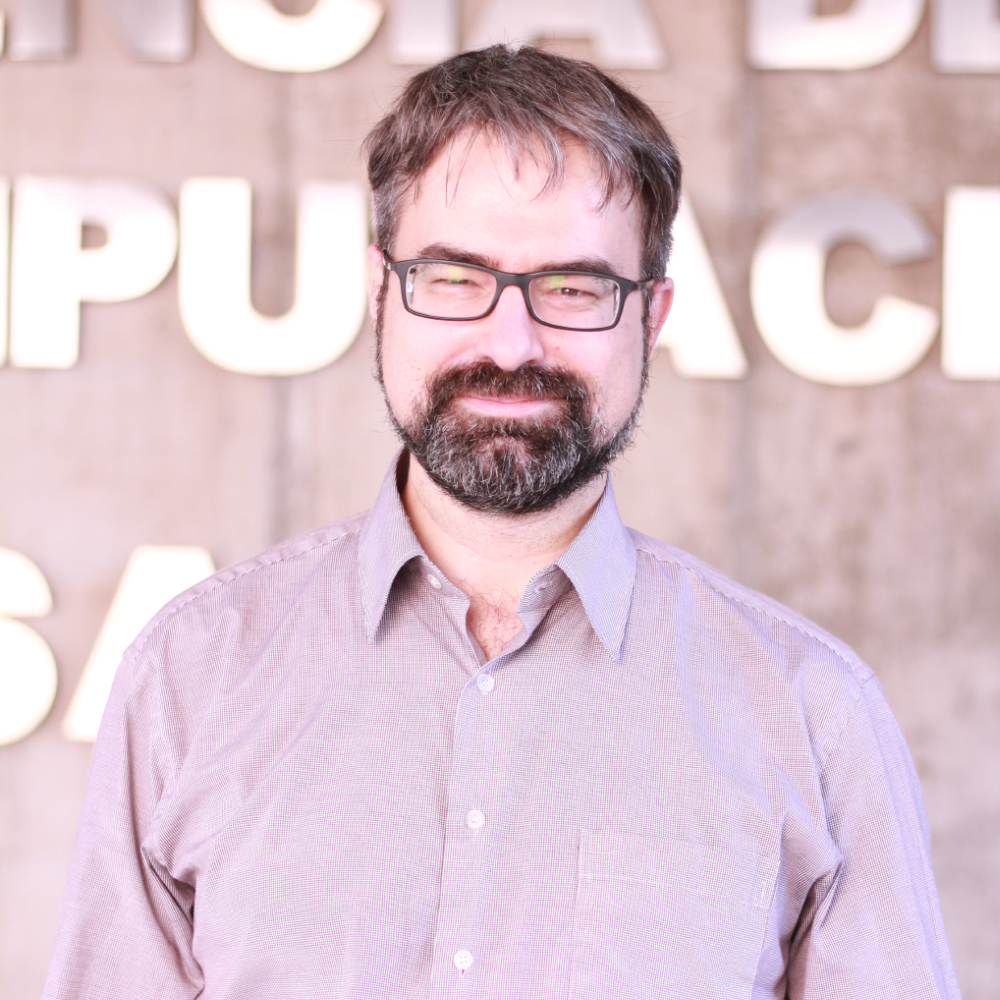
Nicolas Thériault (Universidad de Santiago de Chile, Chile):
Curve-based cryptography
Alfred Menezes’ interest in curve-based cryptography and his support of research in this area can hardly be overstated. I will give a brief description of how being a postdoc in Waterloo has shaped my research and (ongoing) collaborations, and is still leading to new results in this area.

Diego F. Aranha (Aarhus University, Denmark):
A brief story of cryptographic pairings
I will talk about how Alfred Menezes’ work was pivotal in introducing cryptographic pairings into the field, highlight our joint contributions in this area, and touch on some recent developments.

Francisco Rodríguez-Henríquez (Technology Innovation Institute, UAE):
Computing discrete logarithms over a 4841-bit ternary extension field in less than two hundred core-years of solitude
In February 2013 Joux introduced an algorithm for computing discrete logarithms in finite fields of small characteristic, a breakthrough that sparked a global race to push discrete-log computations to ever-larger records. That competition culminated in the remarkable work of Barbulescu, Gaudry, Joux, and Thomé, who developed an algorithm with quasi-polynomial running time in the field size under certain conditions. In this talk I will summarize the project led by Alfred Menezes, together with a team of Mexican professors and students, to compute discrete logarithms in a finite field of characteristic three — a world-record computation completed on 16 July 2016. The effort required roughly 200 core-years of solitude. I will describe our approach, the computational challenges we faced, and the main results and lessons learned.